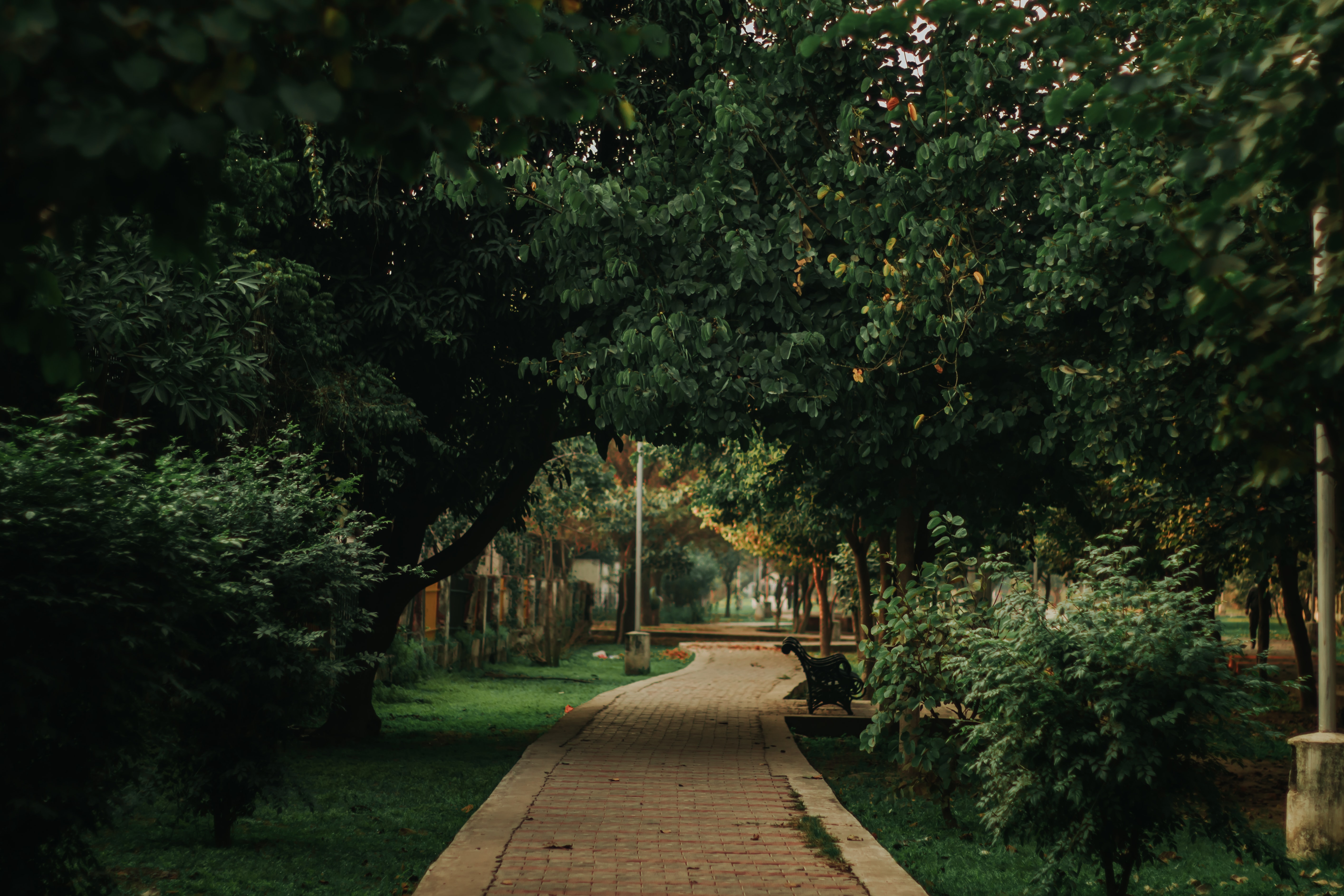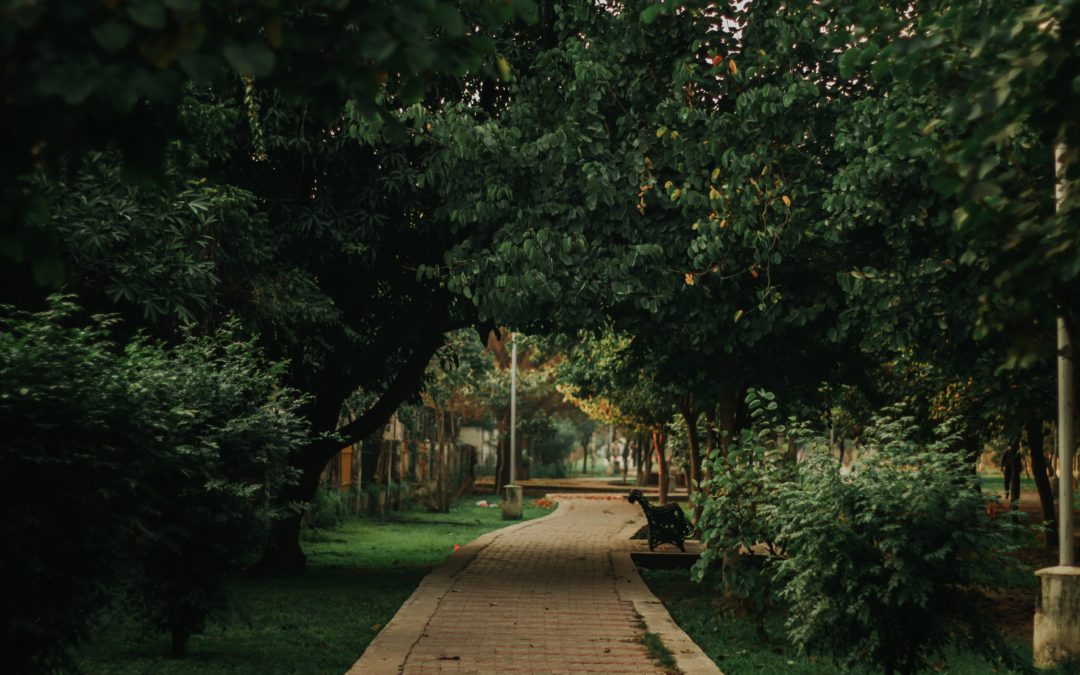
Adding green spaces to cities makes the air better and battles depression. Studies show it can help people feel less lonely as well. According to Dr. Vivek Murthy, the global “loneliness epidemic” is an overlooked consequence of urban living that carries serious lifespan reduction risks. In 2017 he told the Washington Post:
“Look even deeper, and you’ll find loneliness is associated with a greater risk of heart disease, depression, anxiety, and dementia. And if you look at the workplace, you’ll also find it’s associated with reductions in task performance. It limits creativity. It impairs other aspects of executive function, such as decision-making.”
There are many ways to fight loneliness, and new research published in the journal Scientific Reports says nature is an excellent way to do it. Treehugger explains that the study follows a review of assessments provided by more than 750 U.K. residents who volunteered to use a custom-built smartphone app for two weeks.
The participants were asked randomly three times a day during waking hours using a technique called “ecological momentary assessment.”
In addition to questions about overcrowding and perceived social inclusion, the volunteers received questions about their natural surroundings. “Can you see trees right now?” or “Can you see or hear birds right now?” are examples of the questions posed. Following these questions, feelings perceived as “momentary loneliness” are ranked on a five-point scale.
In total, the researchers collected 16 600 assessments. They show that overcrowded environments increased the feeling of loneliness by 38 percent, no matter the age, gender, ethnicity, education level, or occupation of the person answering. However, when people could see the sky, hear birds chirp, and interact with green spaces, the number dropped by 28 percent.
“If loneliness is lessened by contact with nature, improving access to high-quality green and blue spaces (such as parks and rivers) in dense urban areas may help people feel less lonely,” the team writes.
All these findings match up with research done in the past. Treehugger writes that a study published in 2020 by the International Journal of Environmental Research and Public Health found that immersing yourself in the atmosphere of a forest decreases stress and promotes relaxation. This phenomenon is known as forest bathing. Treehugger’s Maria Marabito writes:
“Forest bathing is designed to invoke almost every sense: aromatherapy from the plants; the forest sounds of trees rustling, birds chirping, or water rushing; visual stimulation from the flora and fauna; and tactile sensations of the soft soil under your feet or the leaves in your hand. Combined, these experiences work to deliver a stress-reducing therapy that improves physical health as well as psychological well-being. The forest air is cleaner than urban developments and the trees themselves contain phytoncides, antimicrobial organic compounds derived from plants known for a host of benefits, including boosting immune cells.”
Since there are many benefits associated with green areas in cities, it could be one of several strategies to make the future come faster.





